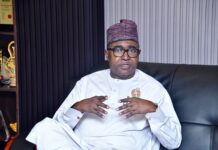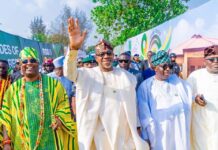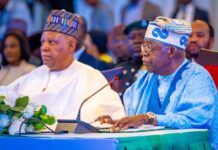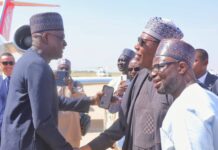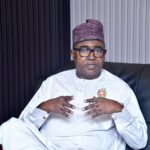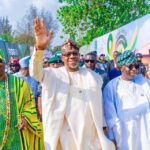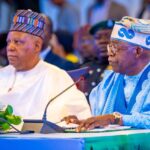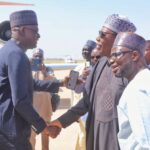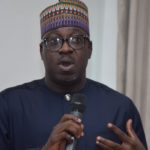The Nigeria Police Force has reportedly raided the home of Movement for the Emancipation of the Niger Delta (MEND) leader, Edmond Ogbonnaya, popularly known as Greg, in Lagos State. Ogbonnaya has allegedly been arrested and detained at an undisclosed location, sparking concerns about his well-being and the motives behind his arrest.
According to SaharaReporters, Edmond Ogbonnaya, also known as “Greg,” was apprehended by the police at his residence in Ajegunle, Lagos. His current whereabouts remain unknown as he has been detained at an undisclosed location.
An associate of Ogbonnaya revealed to SaharaReporters that despite his efforts in assisting the former President Muhammadu Buhari’s administration in curbing bombings by militants in the Niger Delta region, he has been subjected to what appears to be a witch-hunt by the government. The associate highlighted Ogbonnaya’s pivotal role in maintaining peace in the Niger Delta and his extensive security intelligence background.
Oluwasegun Moses, one of Ogbonnaya’s junior associates, recounted the events leading to his boss’s arrest. Moses expressed concern over the abrupt interruption in communication with Ogbonnaya and revealed the police’s claim that he had a psychiatric condition. However, Moses disputed this claim and emphasized Ogbonnaya’s integral role in facilitating peace in the Niger Delta.
Furthermore, Moses shed light on the background issues that may have contributed to Ogbonnaya’s arrest. He mentioned Ogbonnaya’s collaboration with government officials and his efforts to secure a project worth millions of dollars. Despite his contributions, Ogbonnaya allegedly received no compensation from the government, leading to frustration and disillusionment.
The arbitrary arrest and detention of “Greg” Ogbonnaya have raised concerns about the treatment of Niger Delta leaders and the broader issue of government accountability. As the situation unfolds, there is a growing demand for transparency and justice in the handling of individuals involved in peace-building efforts. The case underscores the complexities of security dynamics in the Niger Delta region and the need for constructive dialogue between government authorities and community leaders.






